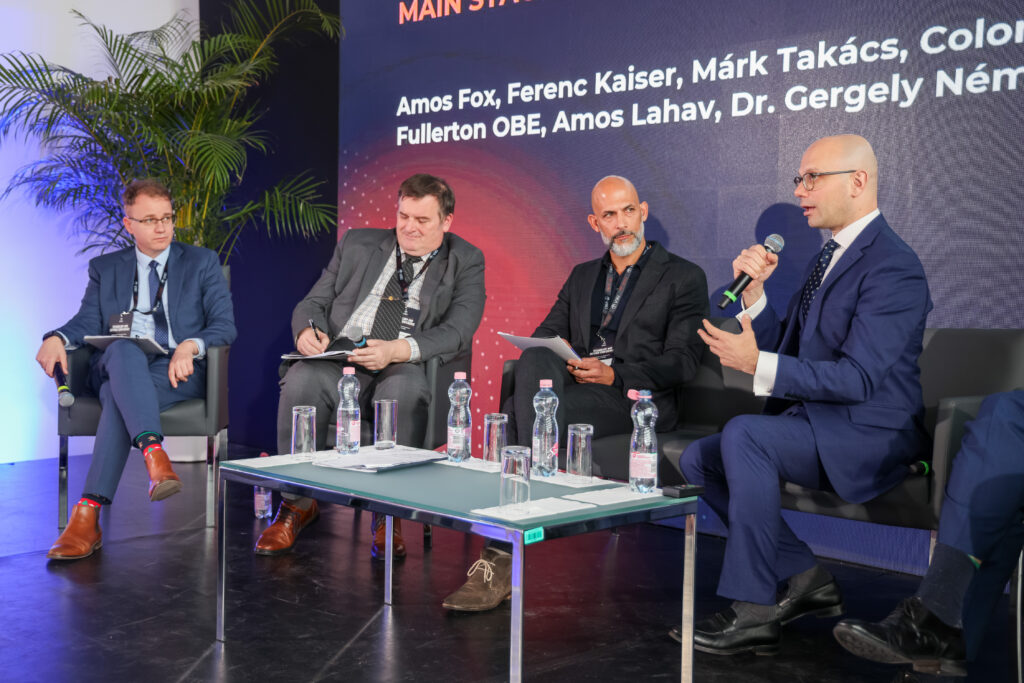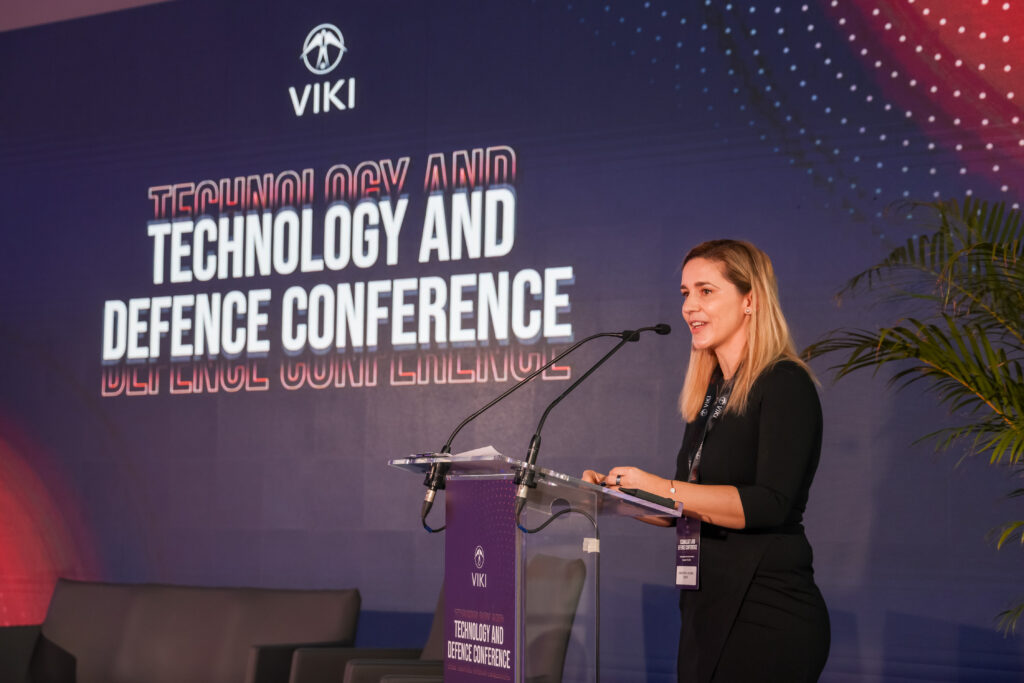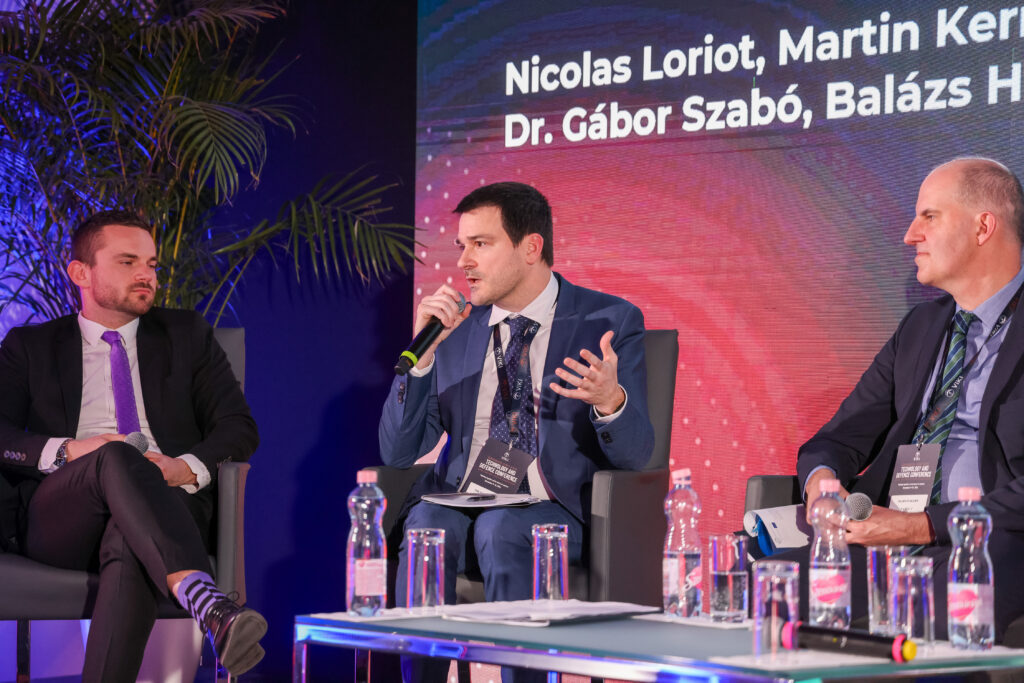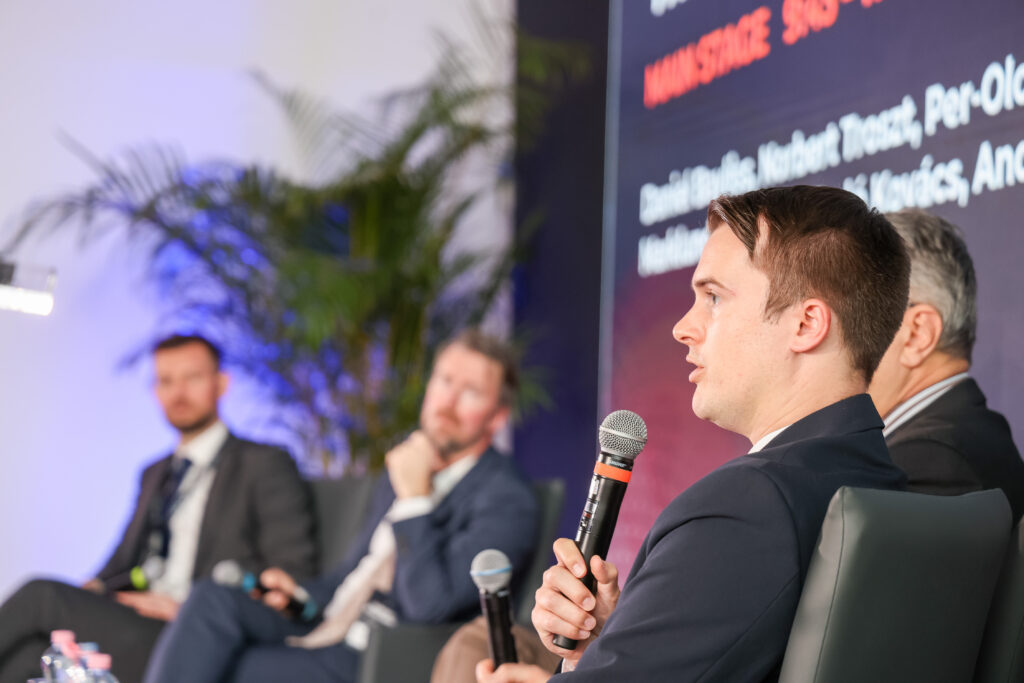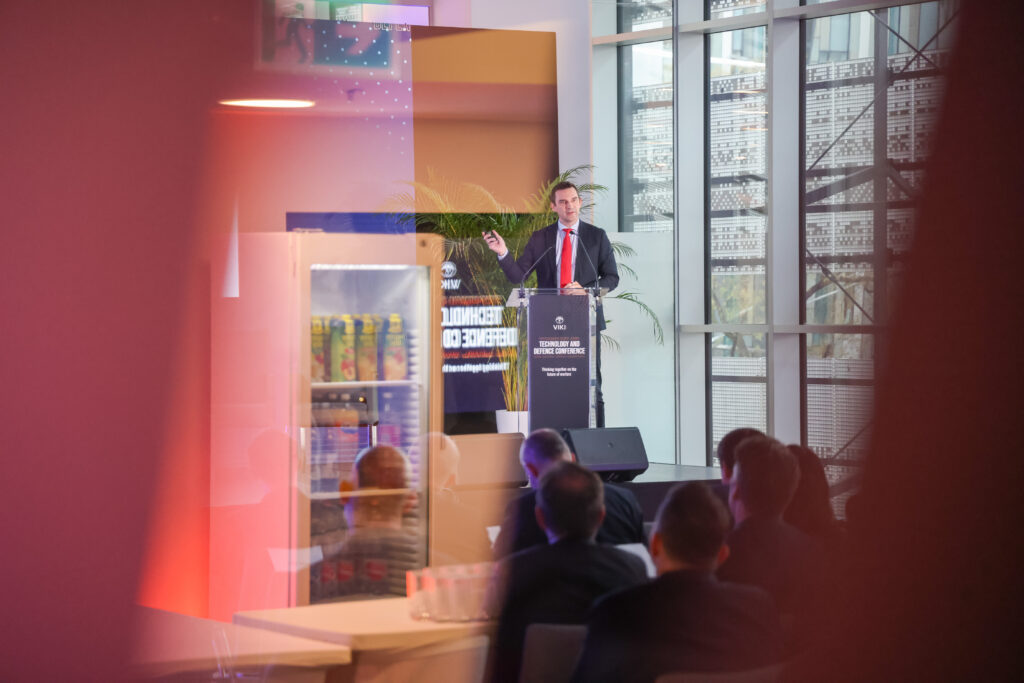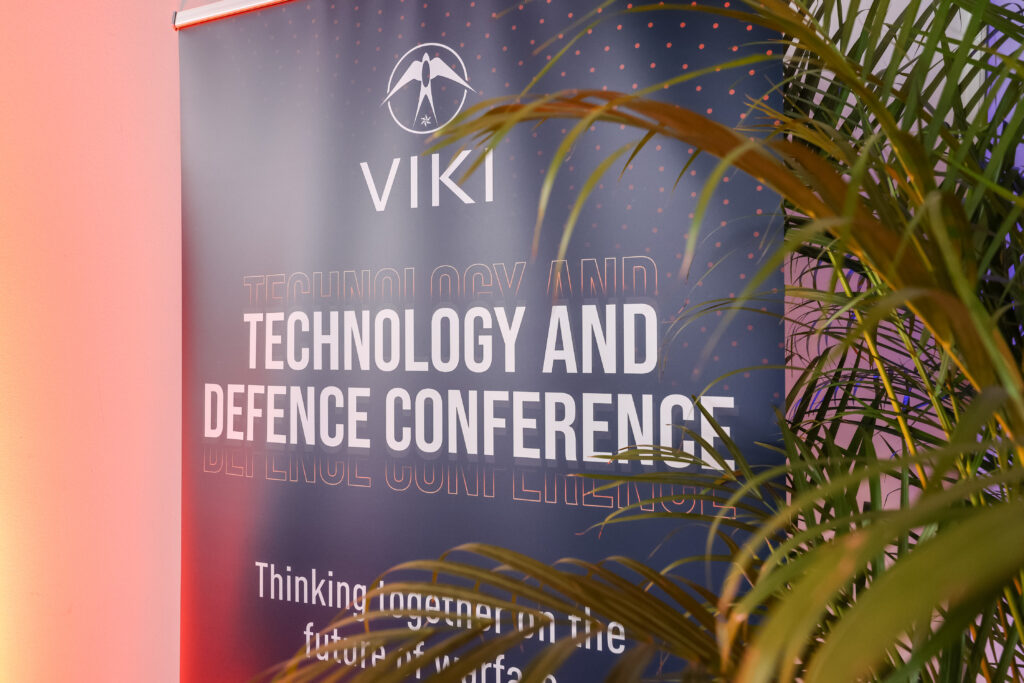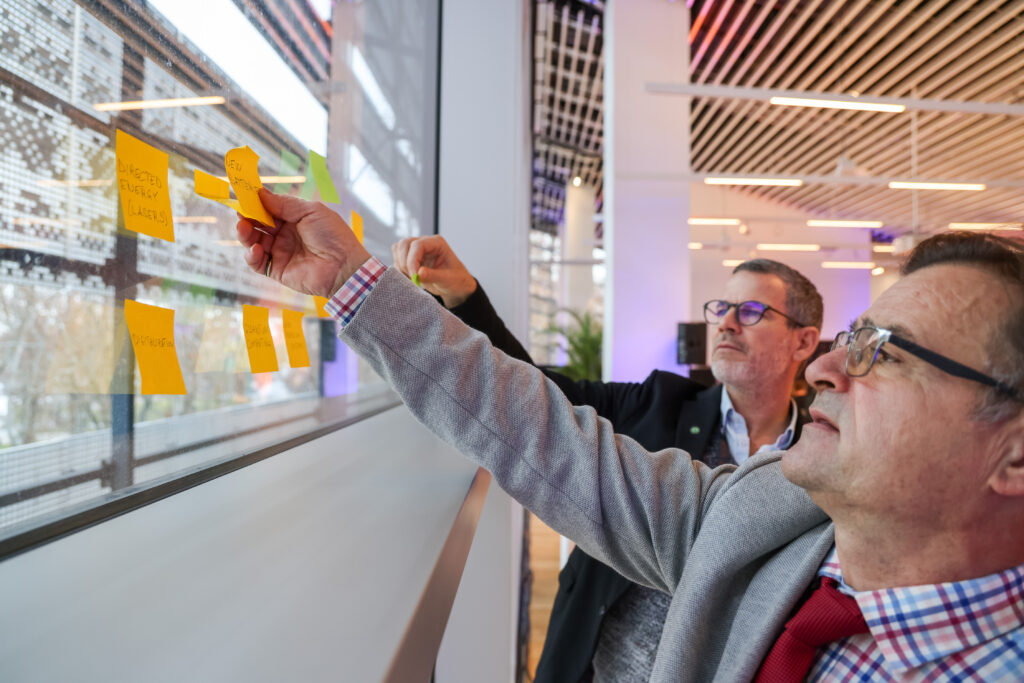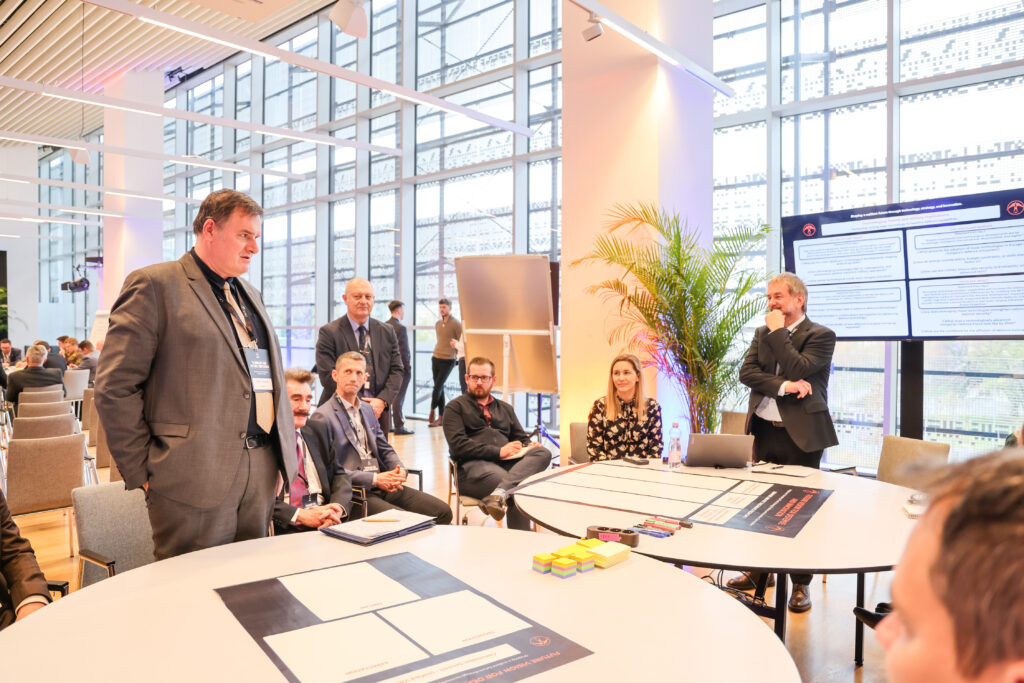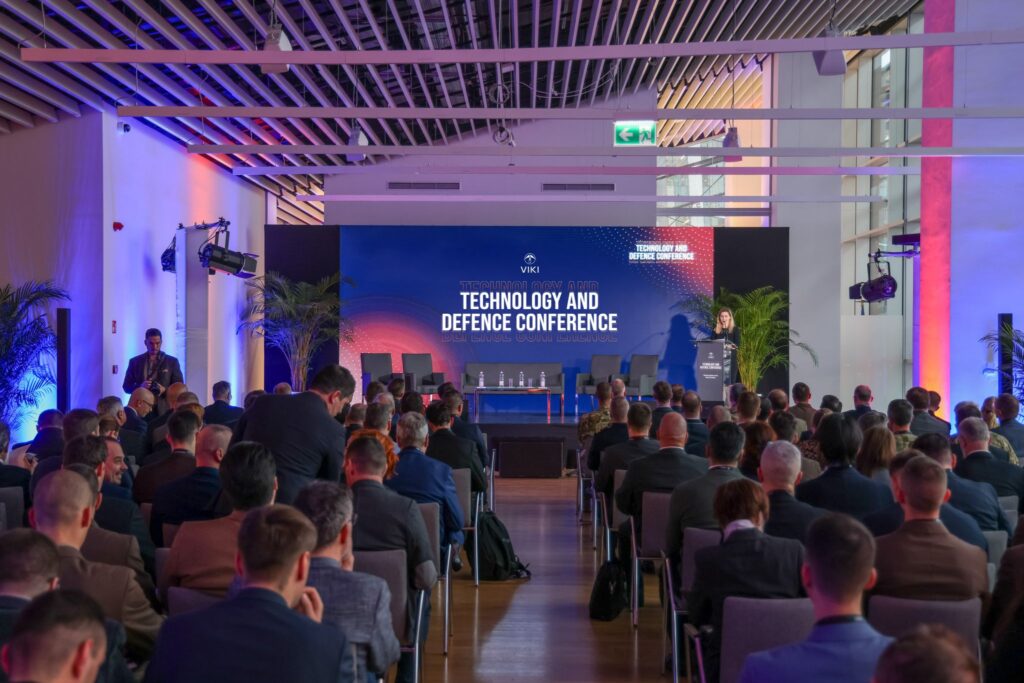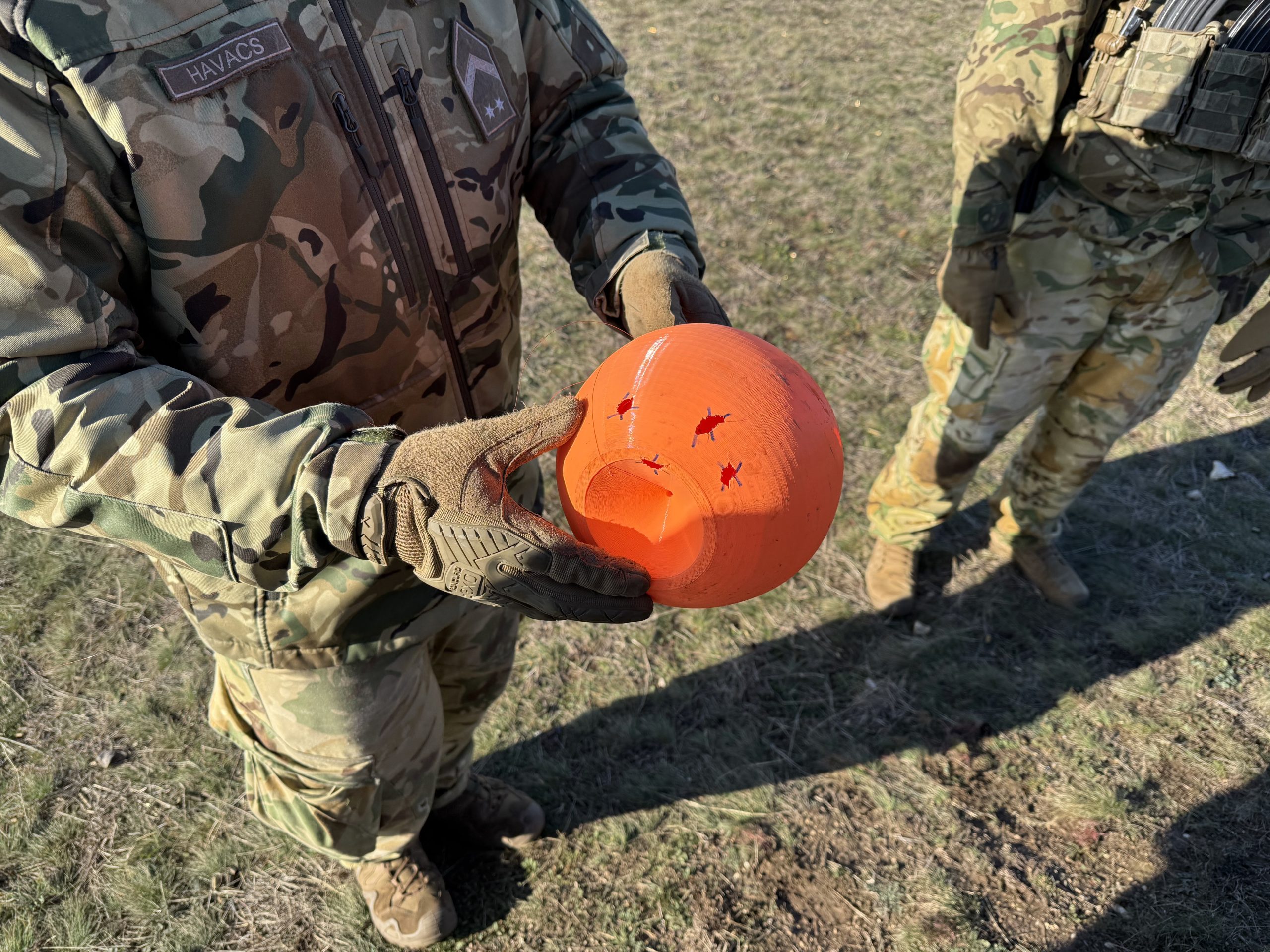On December 9-10, 2024, we hosted our first ‘Technology and Defence – The Future of Warfare’ conference at the Museum of Ethnography in Budapest, bringing together leaders, innovators, and experts to explore the transformative role of technology in defence.
Guided by VIKI’s mission to act as a bridge—connecting the present and future of defence through innovation and collaboration—the event set the stage for impactful discussions and meaningful partnerships.
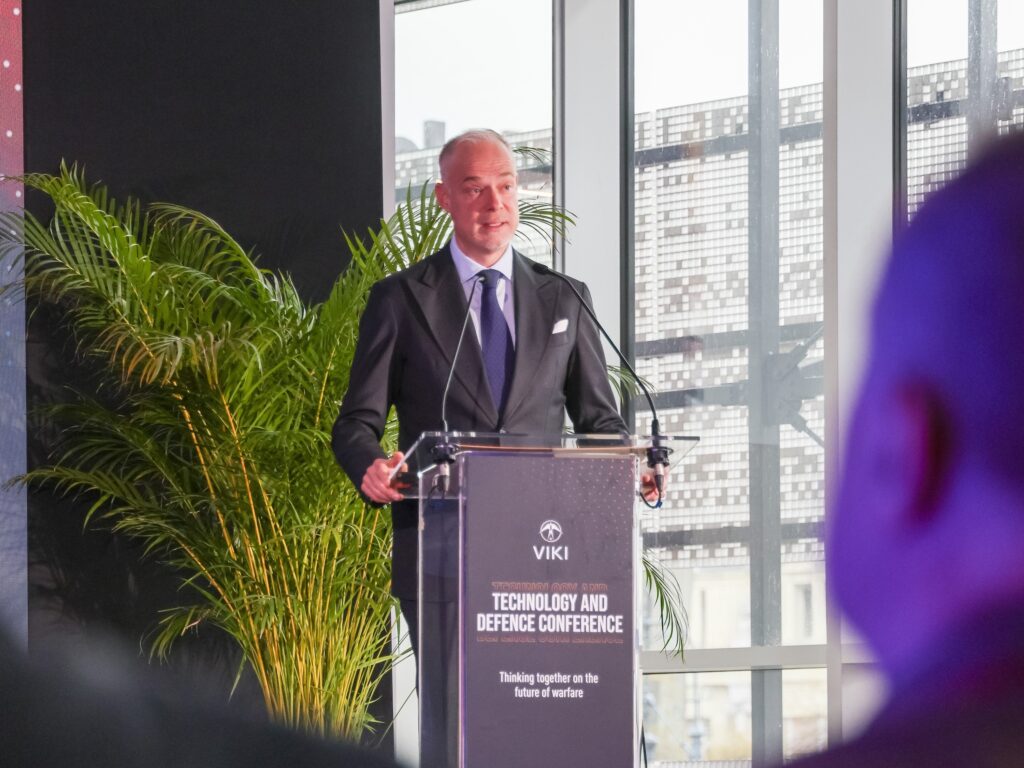
As Kristóf Szalay-Bobrovniczky, Minister of Defence, emphasized in his opening remarks, “Hungary is committed to building a ‘future-proof’ army that meets the demands of today while seeking Hungarian solutions to tomorrow’s challenges.” His words set the tone for two days of impactful discussions.
Reflecting on the conference’s mission, Dr. Gergely Németh, CEO of VIKI, shared, “Our goal is to spark a nationwide dialogue on defence research, technology trends, and the future of warfare supported by our international partners, including the NATO and the European Defence Innovation and Research ecosystem.”
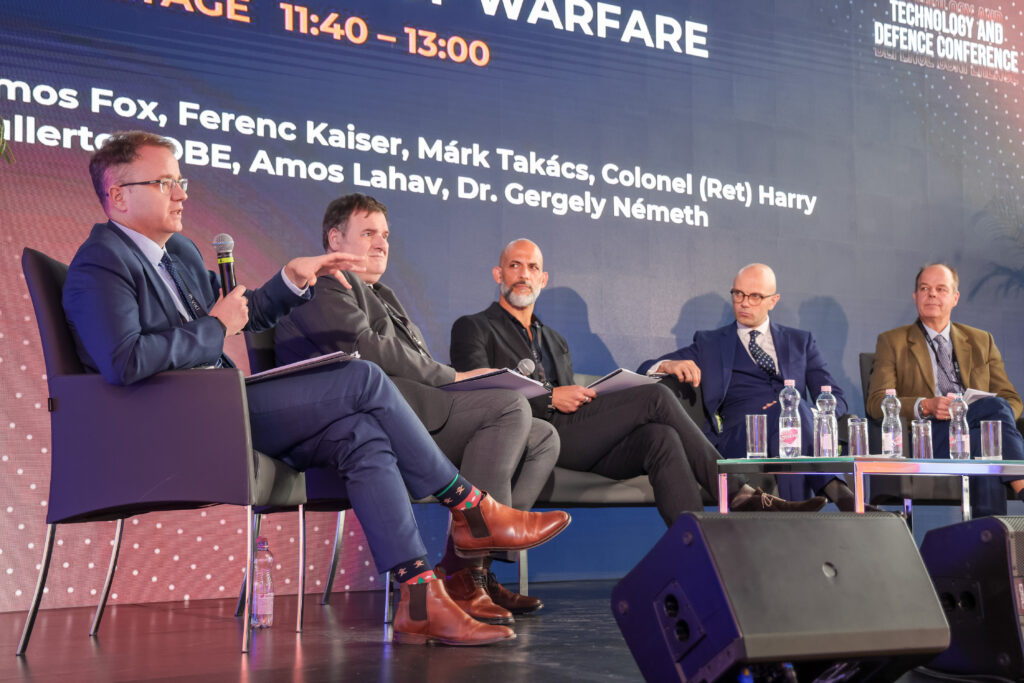
The event was organized around three main panel discussions, each addressing key issues in the defence sector. The first panel, Technological Trends and Military Implications, examined how advances in information networks, air power, and cybersecurity are reshaping defence strategies. Moderated by András Fáy (Airbus Hungary), it featured insights from Daniel Bayliss (NATO), who introduced NATO’s Technology Trends Out to 2040 report; Norbert Troszt (4iG Space and Defence Technologies), who discussed evolving IT networks; Per-Olof Marklund (Saab), who highlighted developments in air power; and Prof. Dr. László Kovács (University of Public Service), who analyzed trends in cyberspace.
The second panel, The Changing Character of Warfare, explored the realities of modern conflict and lessons from history for future battlefields. The session began with an overview by Amos Fox, Ph.D. (University of Reading) on modern battlefield realities. Panelists included Ferenc Kaiser (University of Public Service), who examined enduring and emerging changes in warfare; Márk Takács (Military Analyst), who shared tactical insights; Colonel (Ret.) Harry Fullerton OBE MA (Anders de Wiart Associates), who discussed force planning; and Amos Lahav (Airis Labs), who evaluated operational lessons and the role of defence innovation. This panel was moderated by VIKI’s CEO, Dr. Gergely Németh.
The final panel, Opportunities and Challenges in Innovation, focused on how disruptive technologies can be harnessed to advance the defence industry. Moderated by Áron Fellegi (HypeX Consulting), it featured Nicolas Loriot (Airbus), who addressed cybersecurity challenges; Martin Kern (EIT – European Institute of Innovation and Technology), who discussed European innovation opportunities; Moritz Zimmermann (NATO), who provided a transatlantic perspective on technology adoption; Dr. Gábor Szabó (Hungarian Innovation Association), who highlighted Hungary’s innovation landscape; and Richard Wenczel (Defence Industry Supply and Industrial Development Ltd.), who explored strategies for scaling Hungary’s defence industrial capabilities.

On the second day of the event, participants explored how to effectively address the impacts of technological development and the ongoing transformation of warfare within the defence sector through interactive workshops. Hungarian-speaking and English-speaking groups worked together to find solutions for integrating technological adaptation and modern innovations into force development. The day concluded with group presentations that offered practical strategies and recommendations aimed at overcoming the evolving challenges of the defence environment.
The TECHDEF 2024 conference reaffirmed the pivotal role of international collaboration, innovation, and adaptability in shaping future defence strategies. The event contributed to building an ecosystem where cutting-edge technology and shared expertise support Hungary’s future-focused defence capabilities. Through interactive discussions and practical recommendations, participants laid the groundwork for future defence innovation strategies, underscoring the importance of collective thinking and cooperation in an ever-evolving world.
